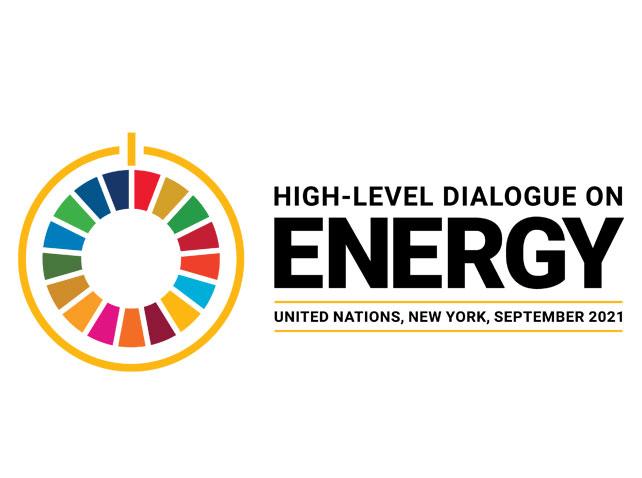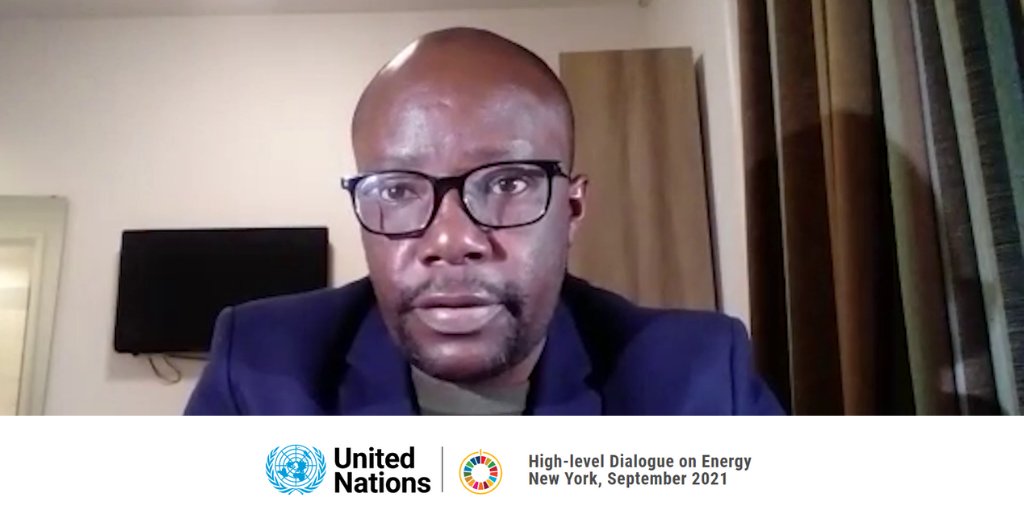
- Date
- 29th September 2021
- Categories
MECS partner The African Centre for Technology Studies (ACTS) participated in the United Nations High-level Dialogue on Energy (HLDE) held in September 2021, and connected the critical link between electricity access and cooking. MECS is delighted that our shared narrative on clean cooking was communicated during the HLDE via a presentation by Dr Joanes Atela (Director Partnerships, ACTS & Convener, Africa Research and Impact Network). MECS is collaborating closely with Dr Atela and the rest of the ACTS team on accelerating access to clean cooking in Kenya. Dr Atela’s pre-recorded video presentation during the HLDE formed part of the session on Raising Collective Ambition on SDG 7 and Climate Action. The video recording of the Session can be accessed here (Dr Atela’s presentation starts from 10:39:40) and the text below, written by Dr Atela, summarises the presentation’s main messages.
By Dr Joanes Atela, Director Partnerships, African Centre for Technology Studies & Convener, Africa Research and Impact Network.

Cooking in Sub-Saharan Africa (SSA) provides a strategic entry point towards catalyzing the adoption of clean, affordable, and sustainable energy. Historically, Improved Cookstoves (ICS) have been heavily promoted in SSA through government and non-governmental initiatives to promoting clean cooking. Yet most SSA countries still face a formidable clean cooking challenge. Most of the population still relies on polluting fuels such as firewood charcoal and kerosene for their cooking needs. This has led to an array of interlinked development challenges caused by household indoor air pollution; forest degradation, and greenhouse gas emissions.
Part of the challenge lies in the fact that clean cooking has been largely promoted through a techno-centric lens and is seen as an isolated venture rather than a wider developmental and inclusive low emission option. An emerging opportunity for clean cooking is in the electrification sector. Most SSA countries have made enormous progress on electrification. For instance, Kenya has increased connectivity from 15% to 75% in just 5 years. The majority of Kenya’s grid electricity, over 70%, is generated from renewable sources, with hydro and geothermal as the most significant sources.
There is a potentially transformative opportunity for African clean cooking sector to break out of this ‘business as usual cycle’ with electric cooking and spur more integrated clean cooking transformation that contributes to multi-sectoral benefits including emission reduction, health benefits, reduced exposure for women as girls among others. Emerging programmes such as the Modern Energy Cooking Services – funded by the UK Government through the Foreign Commonwealth Development Office in collaboration with the World Bank are opportunities to catalyse connections between clean cooking and wider developmental to aspirations for sound environmental, social, health and economic outcomes.